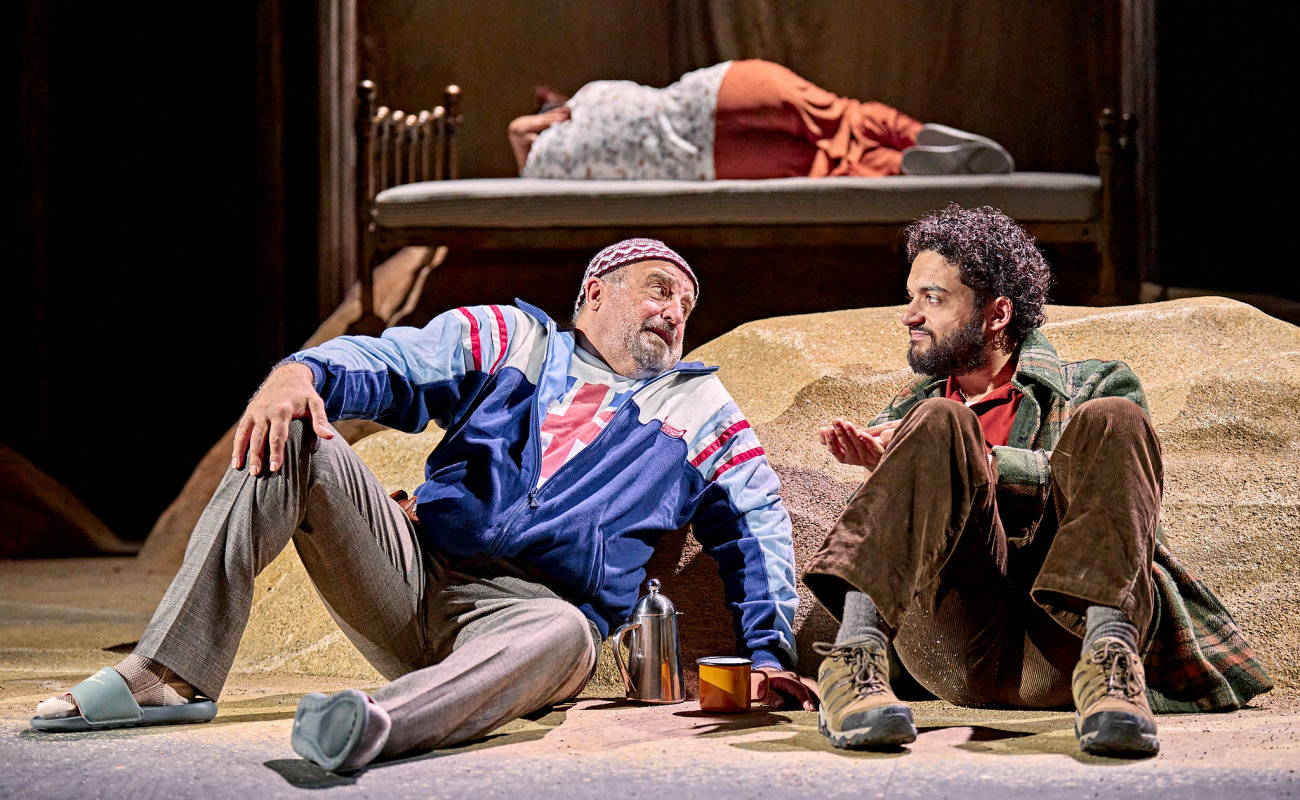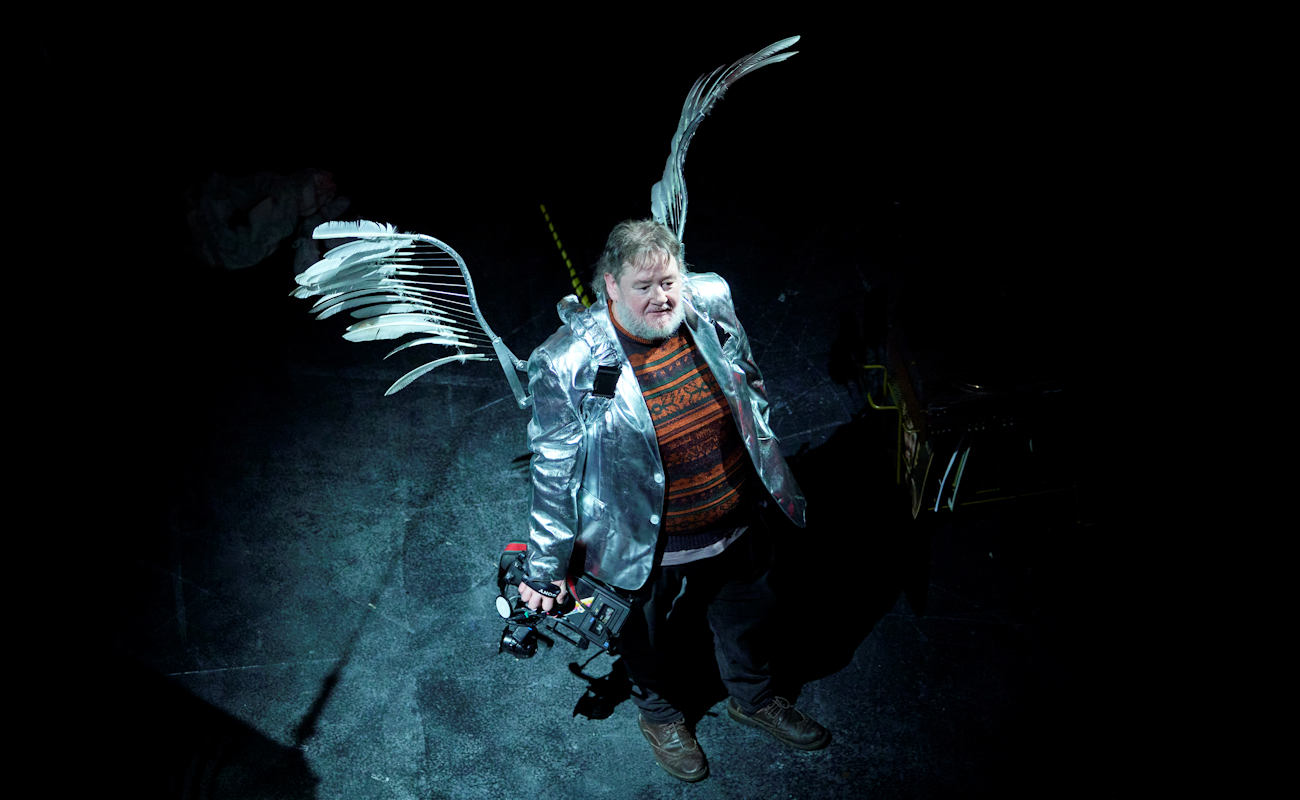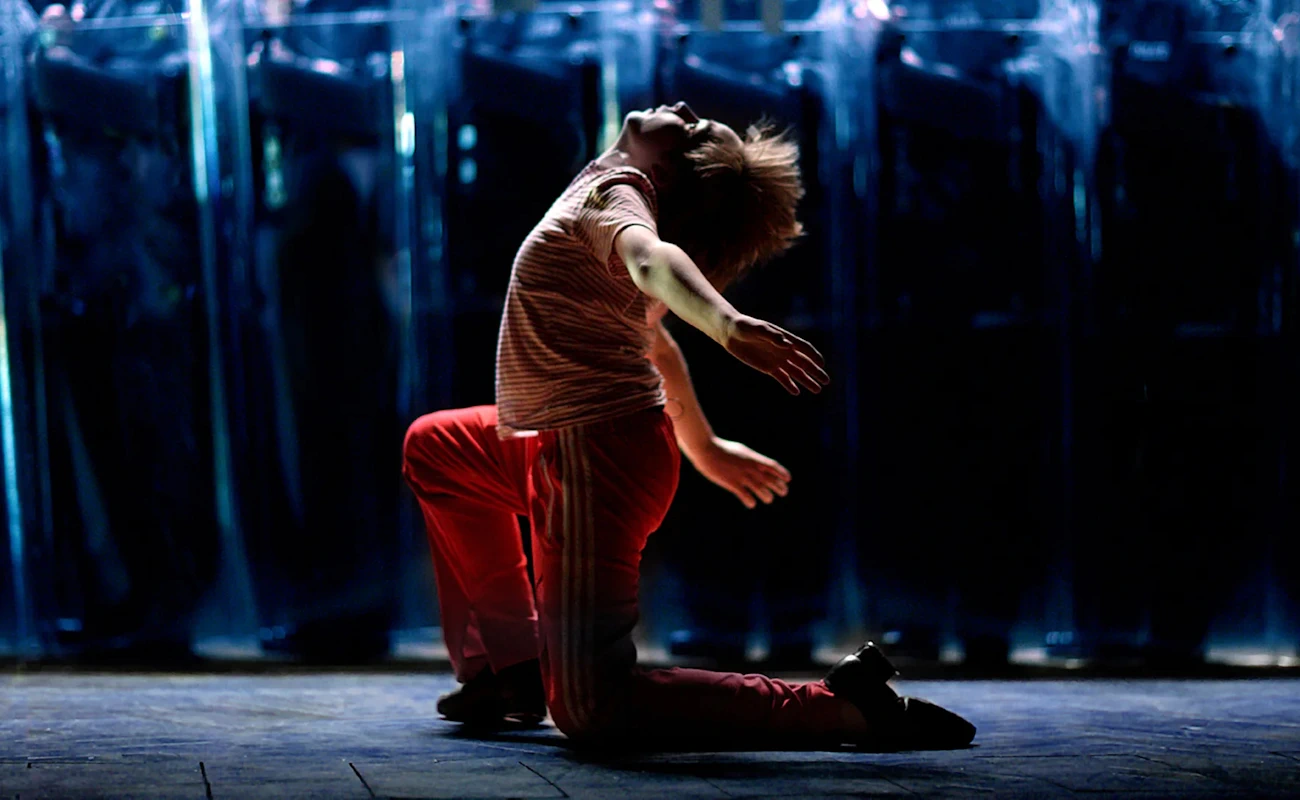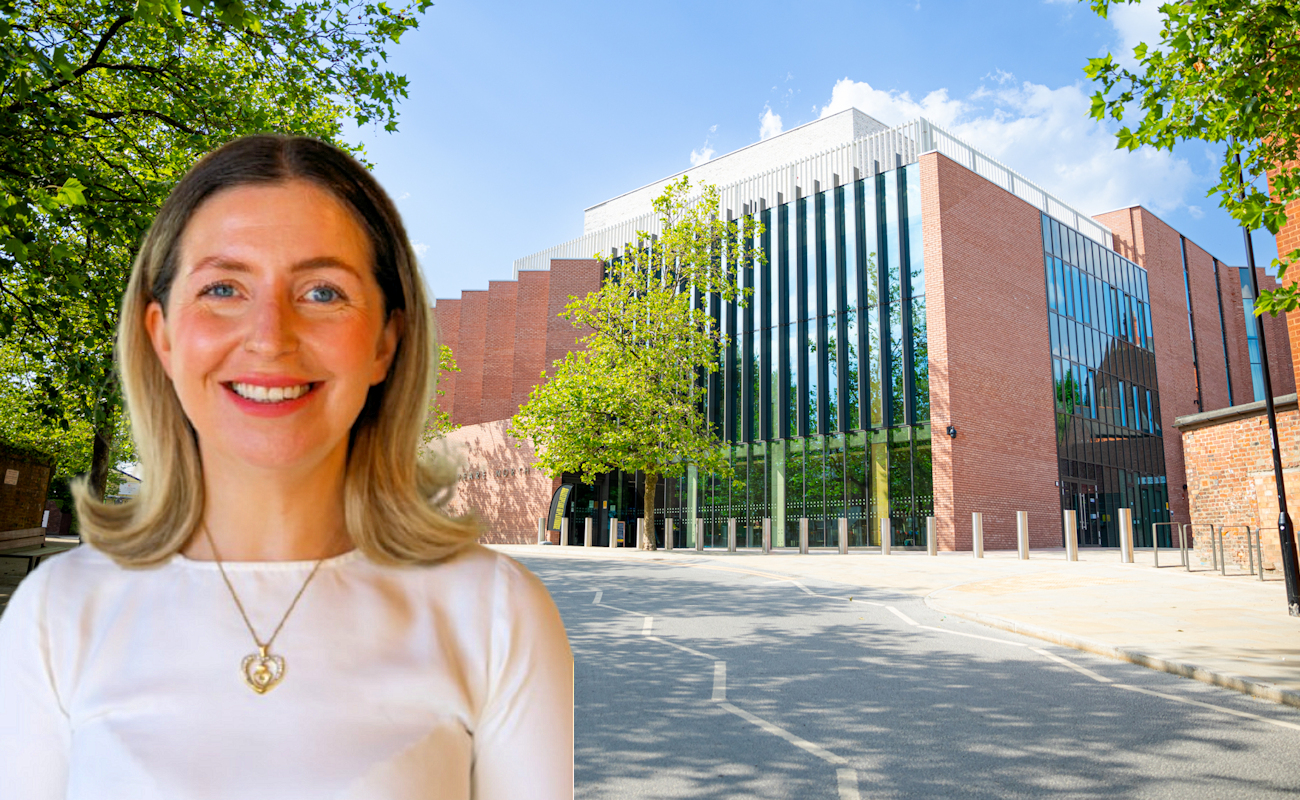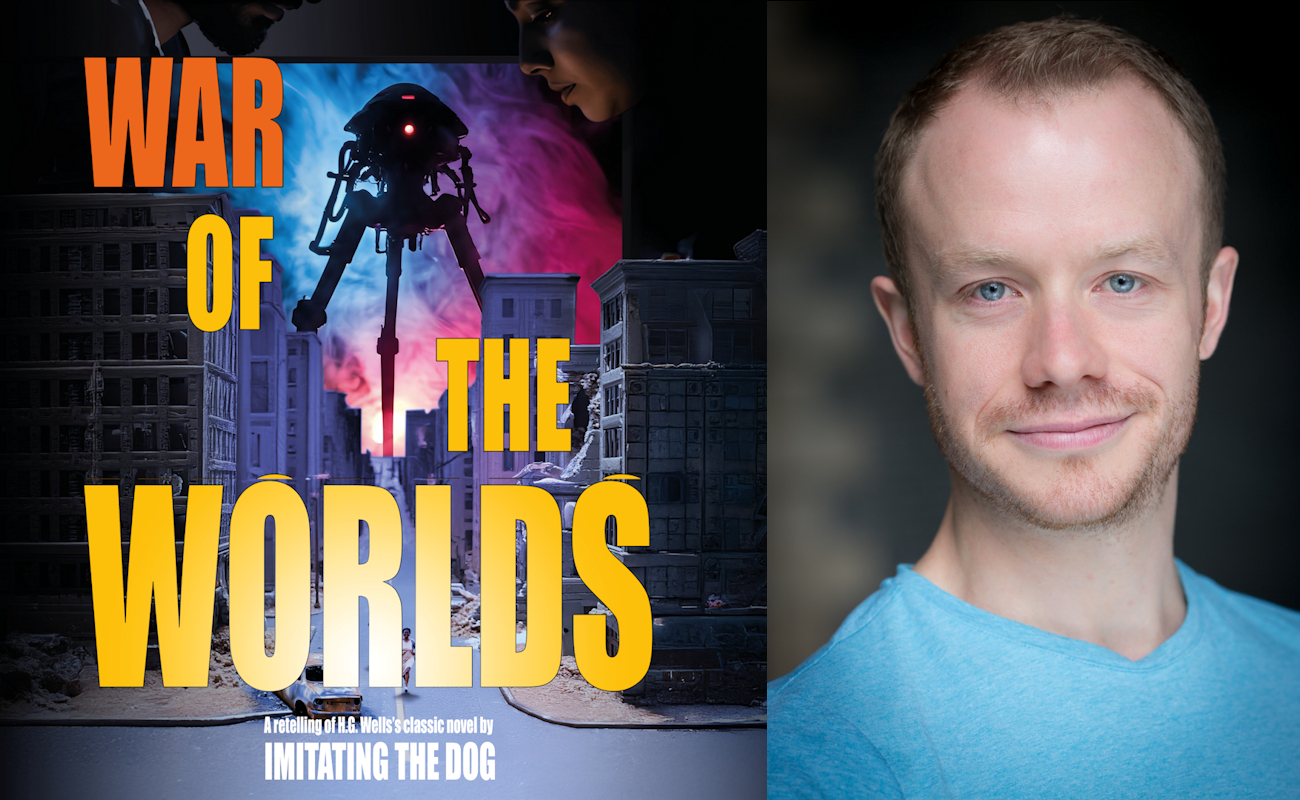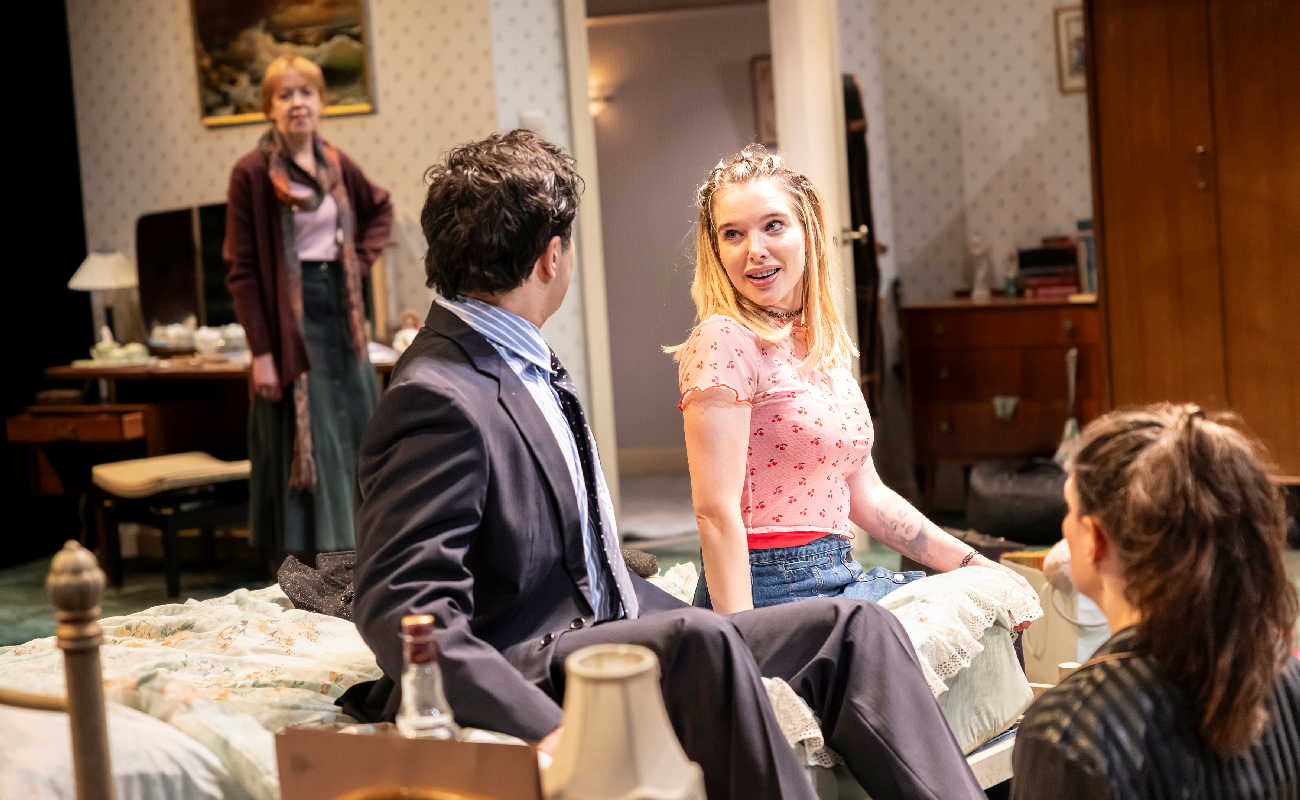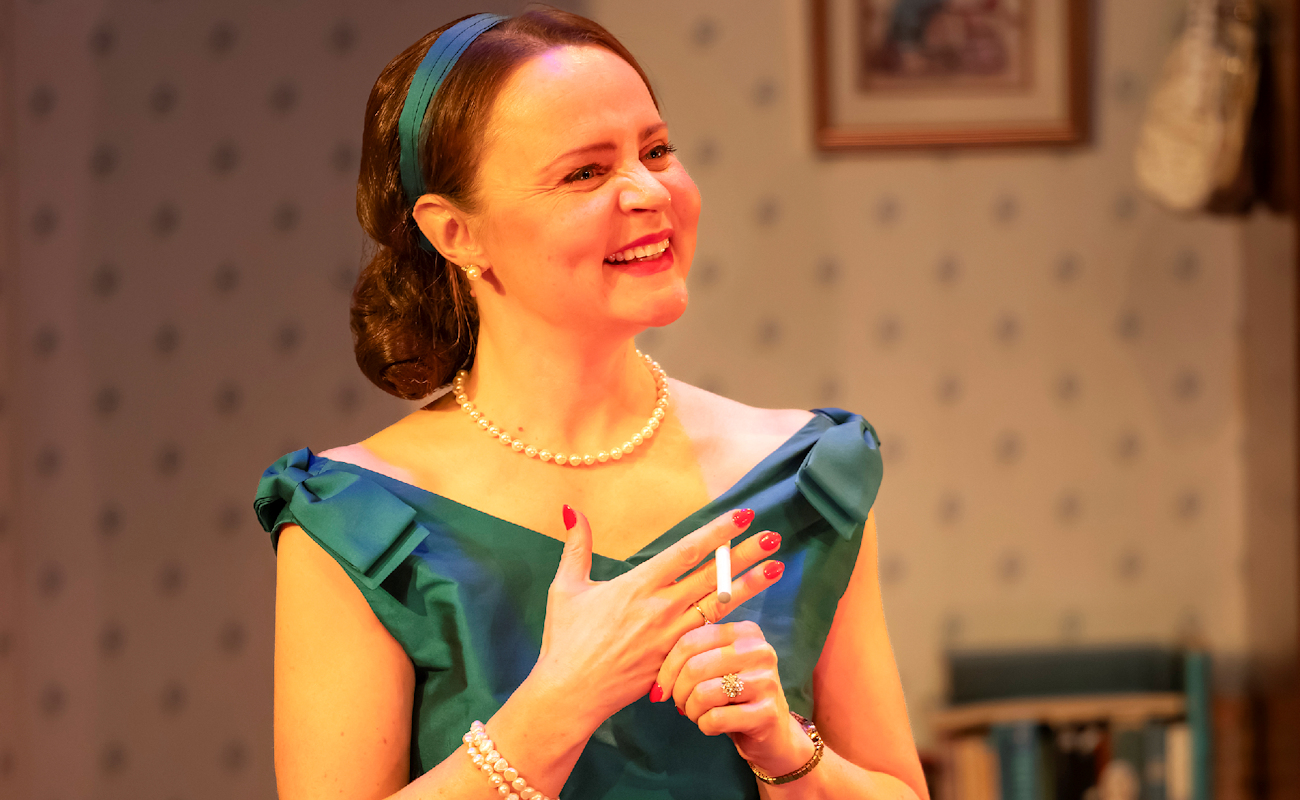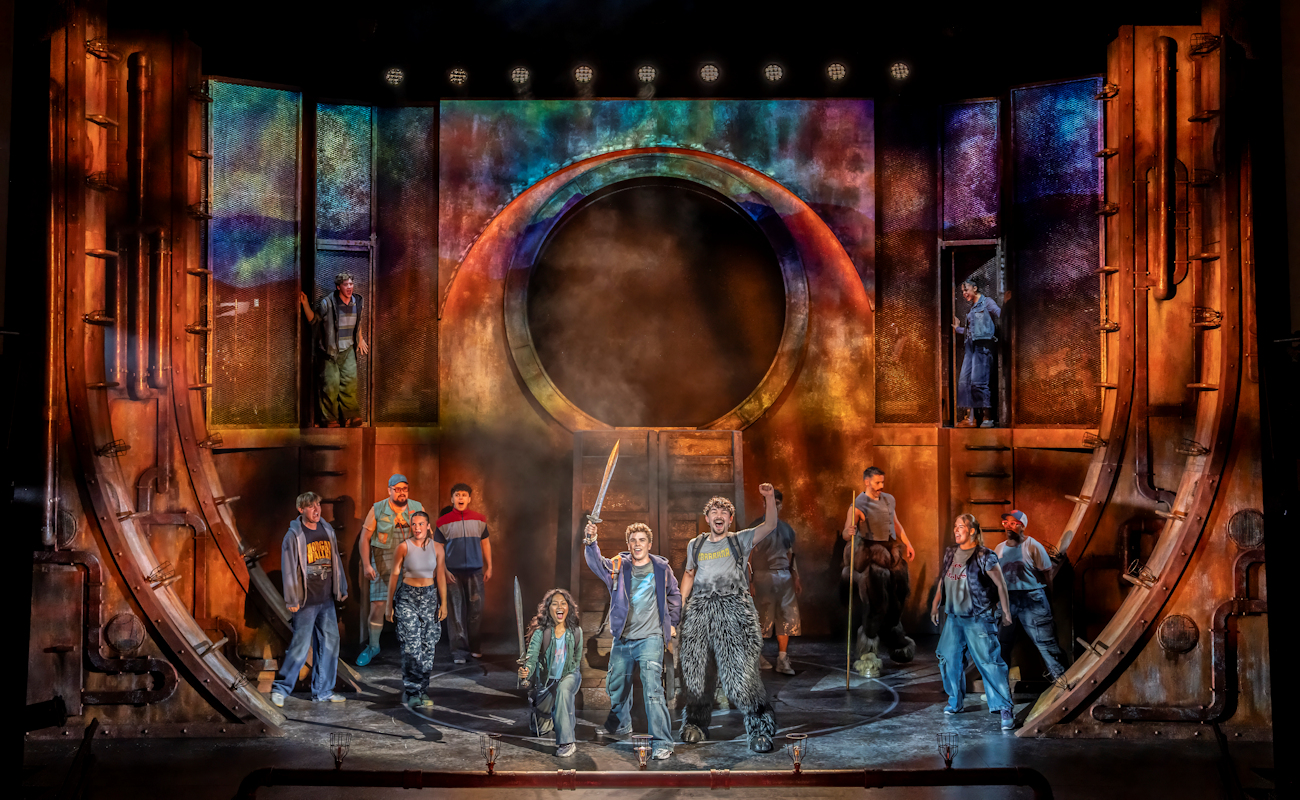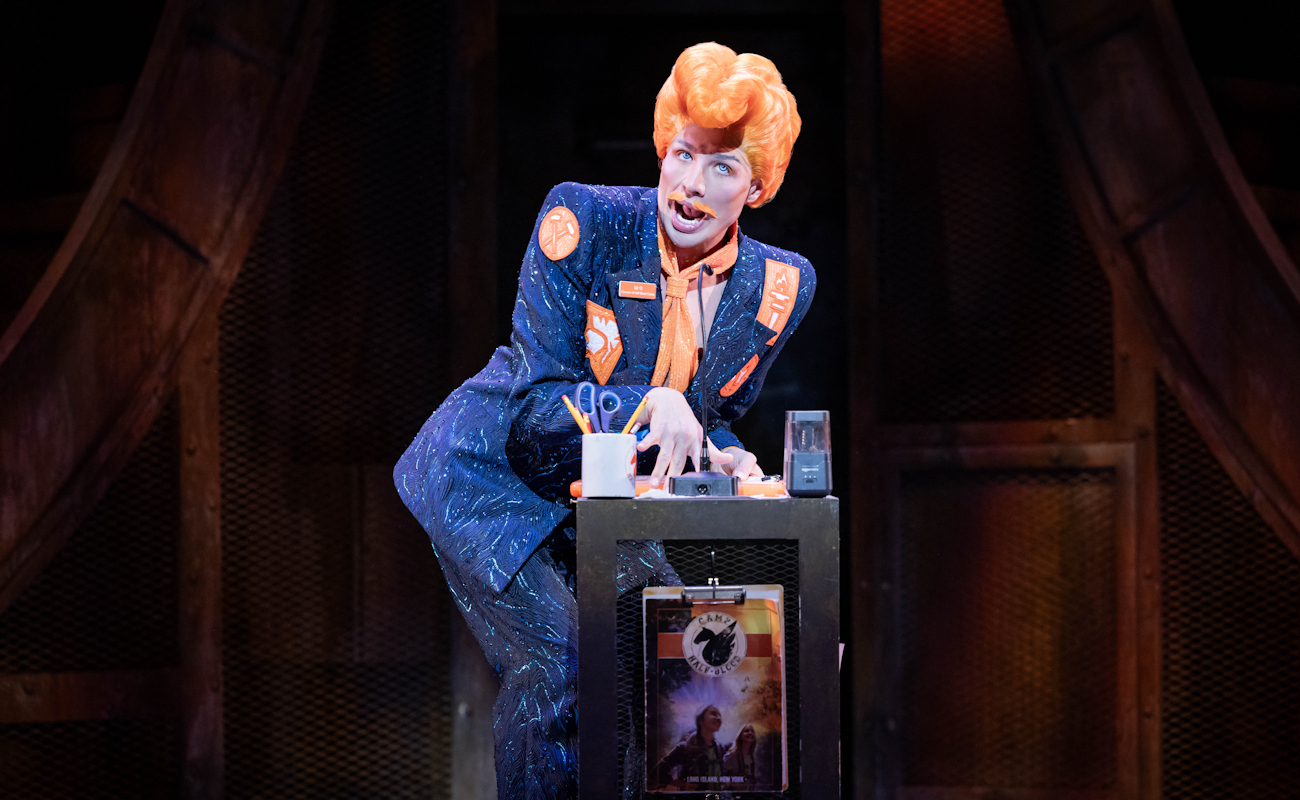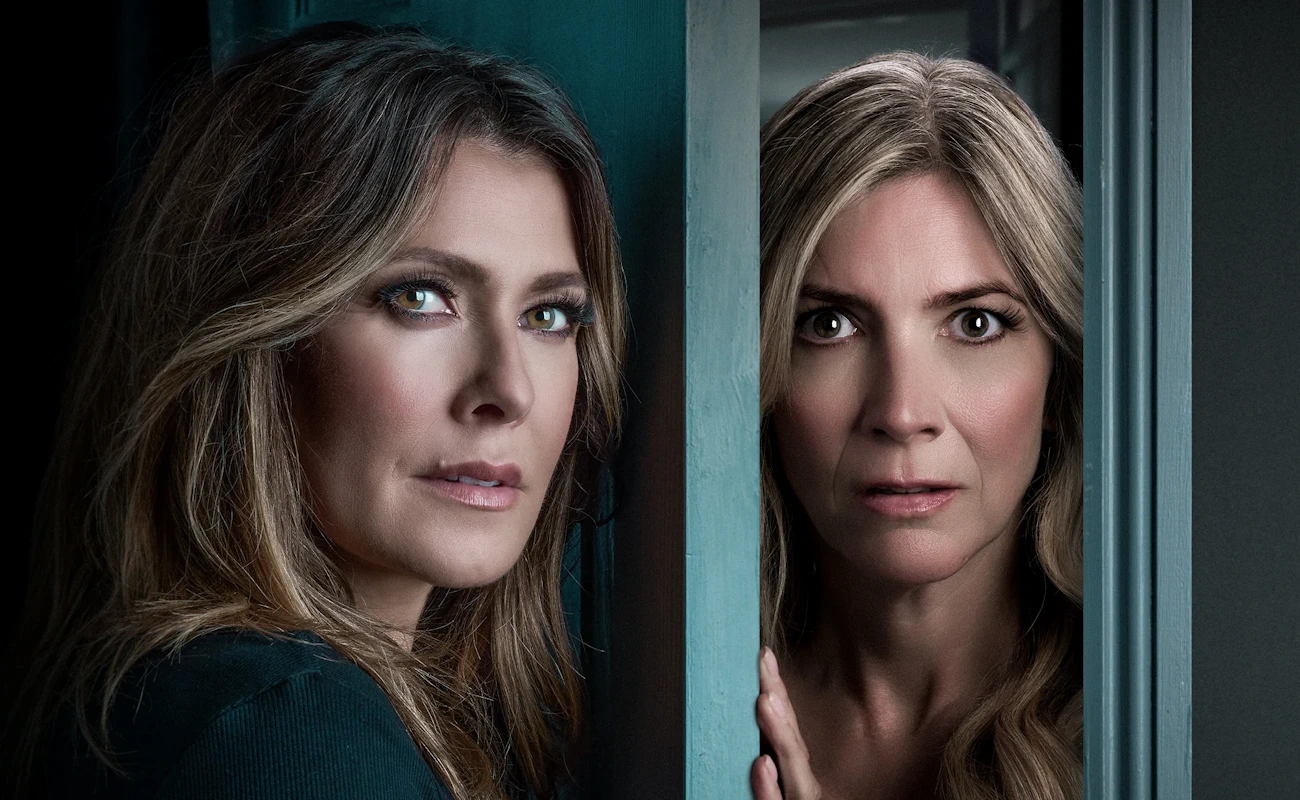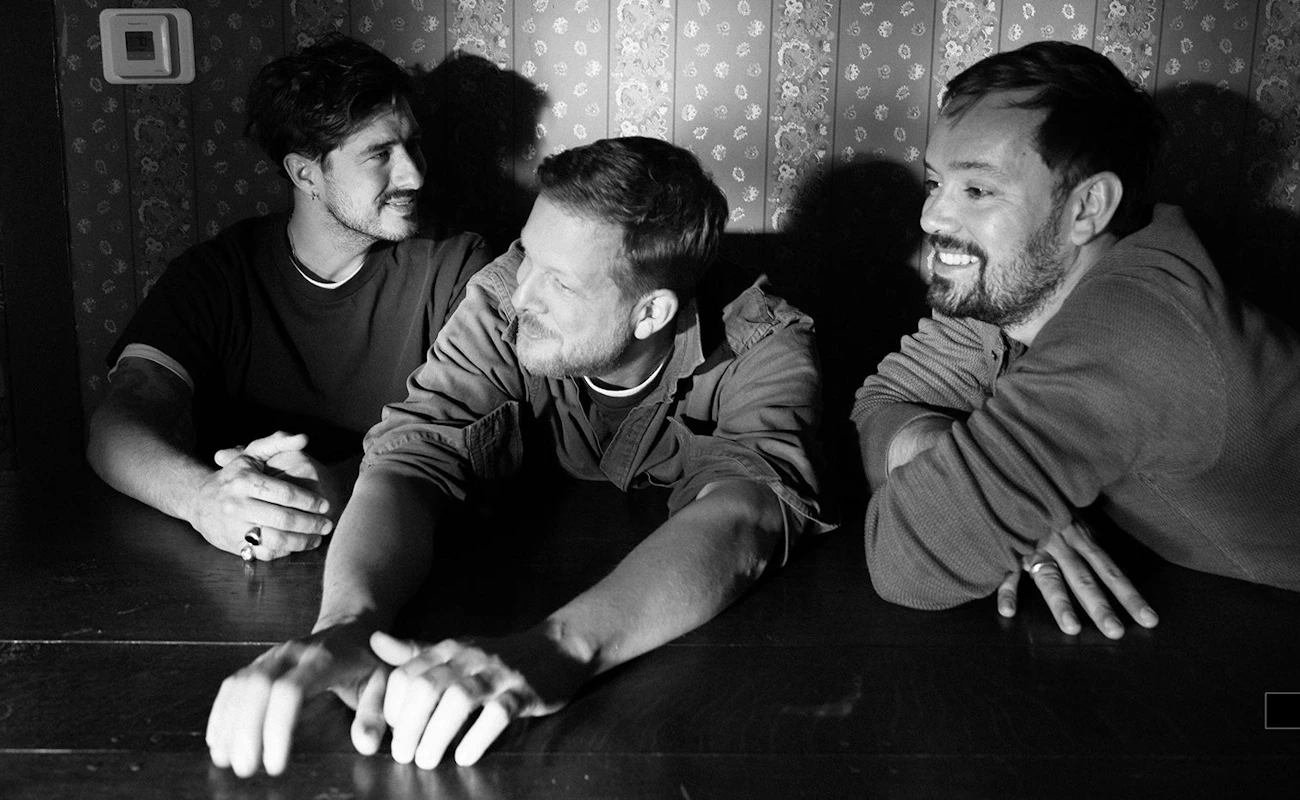Manchester Theatre News & Reviews
The Beekeeper of Aleppo takes centre stage at The Lowry this week!
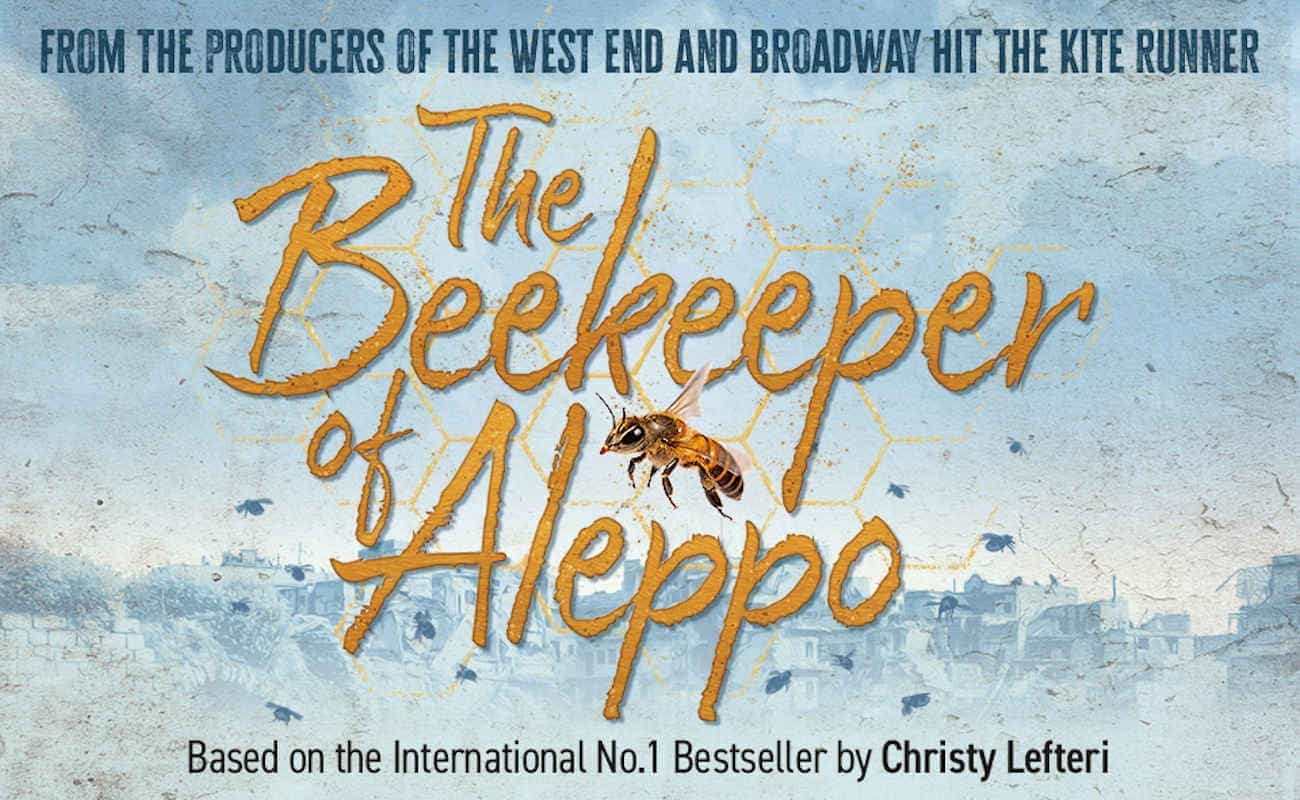 BOOK YOUR TICKETS HERE!
BOOK YOUR TICKETS HERE!
The stage adaptation of Christy Lefteri’s best-selling novel lands at The Lowry from 18 to 22 April as part of its UK tour. It was created and premiered at Nottingham Playhouse in February and is produced in association with Liverpool Everyman & Playhouse and UK Productions Ltd.
The runaway success story of the novel and now the stage play of The Beekeeper of Aleppo all began with just a feeling. A feeling and a Facebook post. After volunteering at a refugee centre in Athens in 2016 (a decision prompted by her own experiences as a daughter of Cypriot refugees), Lefteri wrote on her Facebook page: ‘You wouldn’t believe what’s going on here.’ She was too overwhelmed with her volunteering work to write again, but the seeds for Lefteri’s captivating novel had been sown – and the writing would soon begin in earnest.
Despite the tales of devastation and destruction she had heard, the first scene that Lefteri wrote after volunteering was one of hope; the story of a man salvaging a pomegranate for his wife among a pile of rotting fruit. ‘Just from that one scene,’ remembers Lefteri, ‘the characters started to come to life. It just sort of grew from there.’
That feeling of hope, despite a backdrop of deep sorrow and hardship, is one that Lefteri remembers well from her childhood. Her father was a commanding officer and the family fled the civil war in Cyprus to start a new life in London. But Lefteri’s parents tried hard not to bring the war home with them: ‘I always remember this feeling of embracing being in London. There was a lot of joy and a lot of togetherness: barbecues, friendships, loving life. They’d lost their homes, family, so much and yet there was so much joy.’
Lefteri spotted a similar capacity for joy at the refugee centres she volunteered at for two consecutive summers and it’s a feeling – a surprising uplifting of the spirits – that underpins her novel. Yes, there’s despair in this story of a traumatised family who leave war-torn Syria, travel across Europe and battle through to an immigration centre in UK. But there is also hope: ‘When I was at the centre and children came in and started to play, it was such a joyful thing. It’s hard to miss because the opposite is right there – so raw and real and close.’
Lefteri remembers the way that many of the men waited all day outside the centre, happy to watch their family safe and content inside: ‘The light that I used to see in those men’s eyes when they saw their children playing; there’s something about the strength of connection between these people that led me to start writing.’
It’s the humanity of the work that first attracted Olivier-award winning director Miranda Cromwell to the stage adaptation of Lefteri’s novel: ‘When I read the script, I felt it pulled out a story of love, loss, resilience and hope in the face of insurmountable loss.’ In fact, Cromwell believes that the stage show is, in some respects, even more uplifting than the novel: ‘The novel is incredibly sad in places. We still have that in our show but there’s also an overarching cathartic nature to our story: it creates a sense that it’s possible to go through all of this and still find love. To be more than what has just happened to you.’
Cromwell hopes that the theatrical aspects of the show will help the audience connect to the story on a deeply personal level: ‘We’re adding this beautiful and evocative soundscape. You’re able to immersively live in the world of the book when you experience it on stage.’ Powerful projected images, which flow over the set throughout the production, should pull the audience deep into protagonist Nuri’s troubled mind as he travels across Europe with his blinded wife Afra: ‘With the projections, we wanted to have images that would have been burned into Nuri’s memory – things that he was trying to push away, memories that were buried and hidden, or images that kept repeating themselves because of his PTSD.’
For co-writer and cultural consultant Nesrin Alrefaai, who grew up in Syria, the exploration of Nuri’s trauma was one of the most important aspects of Lefteri’s story. While we hear lots of stories about veterans suffering from PTSD, we still hear relatively little about ‘ordinary’ people struggling with the psychological fall out from war. Alrefaai worries about the stigma that still clings to conversations about mental health: ‘In lots of cultures, including the Syrian community, mental health is not something that is talked about. By talking about it indirectly in our play, and showing Nuri’s lack of control, hopefully we can encourage people who are suffering from PTSD not to suffer in silence.’
Alrefaai has gone through the immigration system herself (‘I know what it is to build a life from nothing’), and also spent 18 months working with Syrian refugees at immigration centres in the UK. She hopes the stage adaptation of ‘Aleppo’ will add a human dimension to the stories we’re shown on the news on TV: ‘I hope that the way we present this story can challenge the stereotype of what an immigrant or refugee looks like. Whether people agree or disagree is fine. We just need to start a conversation, especially at this time.’
US academic and playwright Matthew Spangler asked Alrefaai to join him as a co-writer in 2020, after he realised this was a play he ‘could not write alone’. Alongside collaborating with Alrefaai, Spangler also sought out feedback from people who identify as Syrian and or refugees throughout the writing process. Their comments were fed back into the script, including a key speech Afra delivers about the bombing that tore her family in two: ‘In the first draft of the speech, some of the details were wrong,’ says Spangler: ‘Afra talks about dust in the final speech. That’s what people told me you’d see: just all this white dust.’
Because there are so few Syrian stories, Spangler feels a keen ethical obligation to get the facts straight: ‘There’s a strong responsibility to get it right; to not do things that are offensive or would make things worse in a political way.’ He hopes the play will allow the audience to see the humanity of the Syrian emigration story and perhaps, even, some humour: ‘As people we laugh and smile even in moments of great tragedy. The purpose of humour in our play is not to make light of the situation – but to make it more human.’
THE BEEKEEPER OF ALEPPO IS ON AT THE LOWRY FROM TUE 18 TO SAT 22 APRIL.

